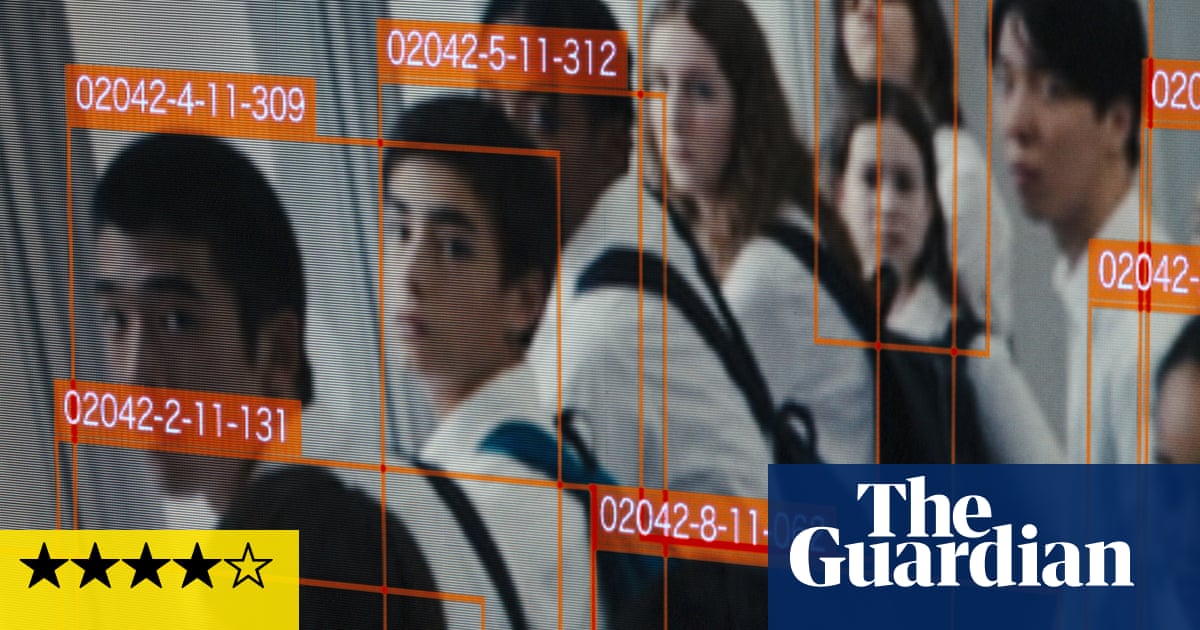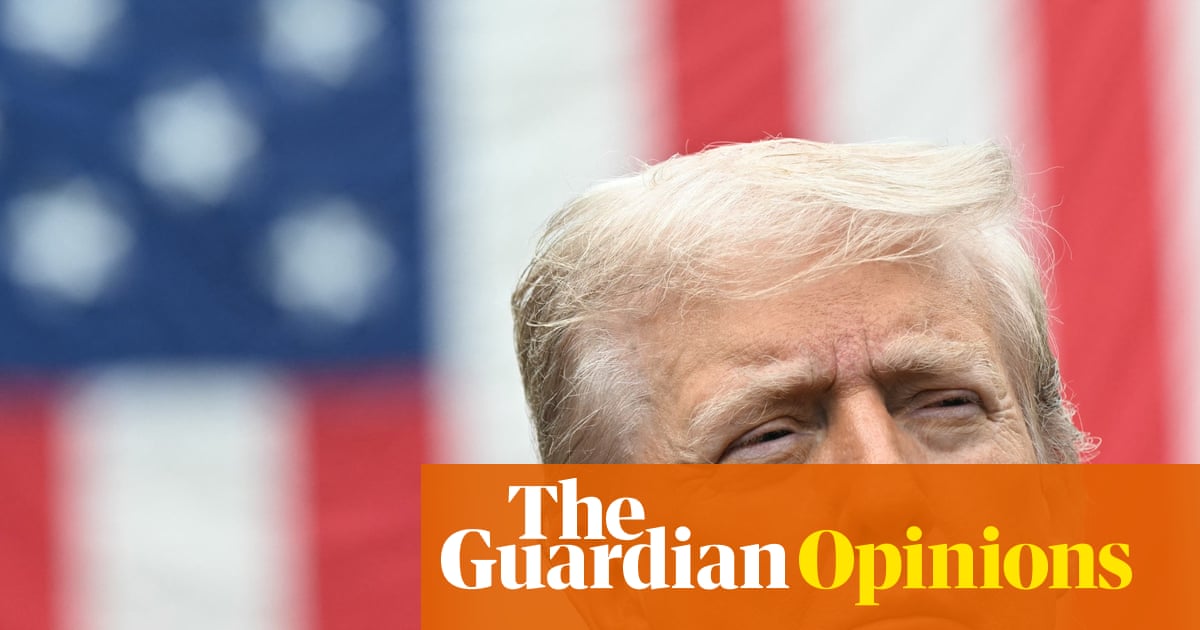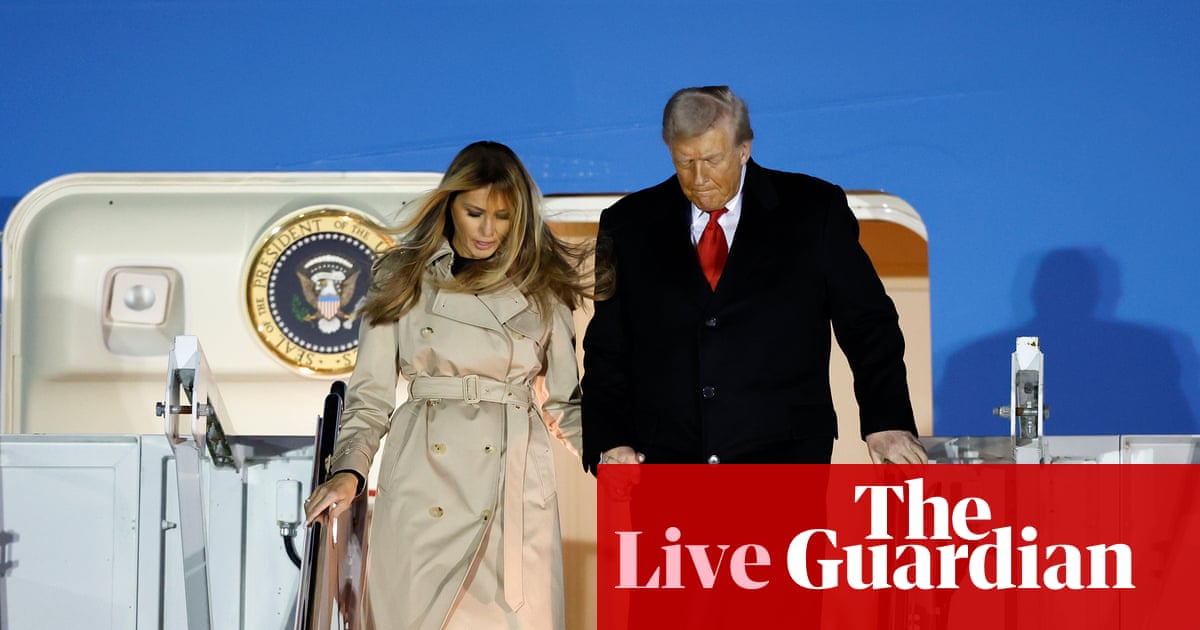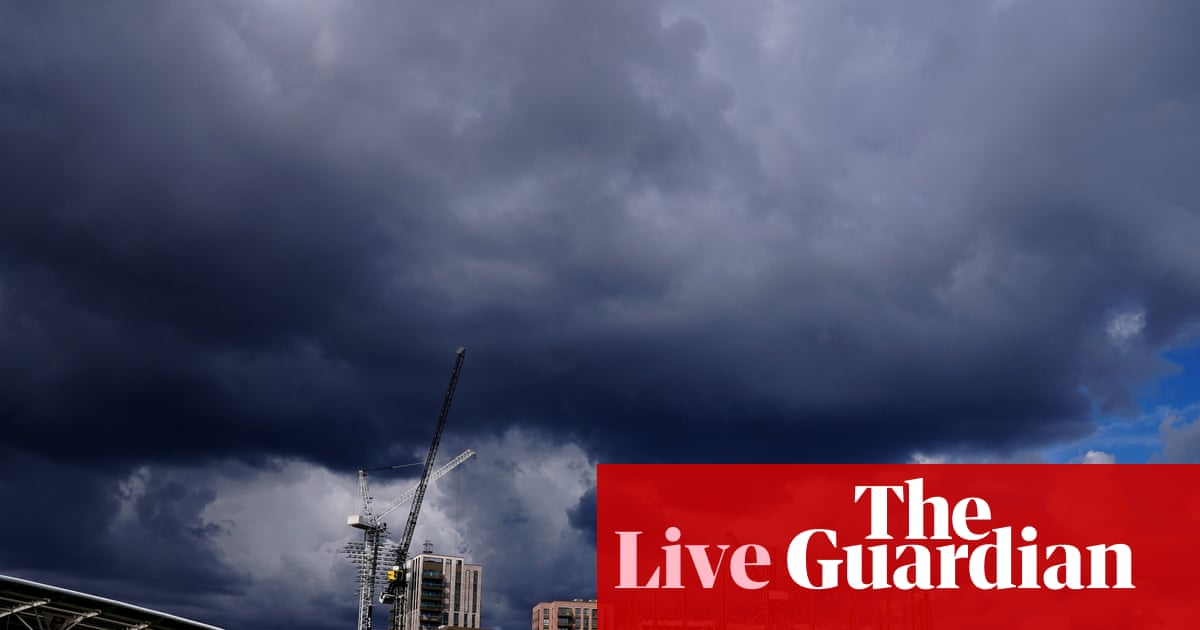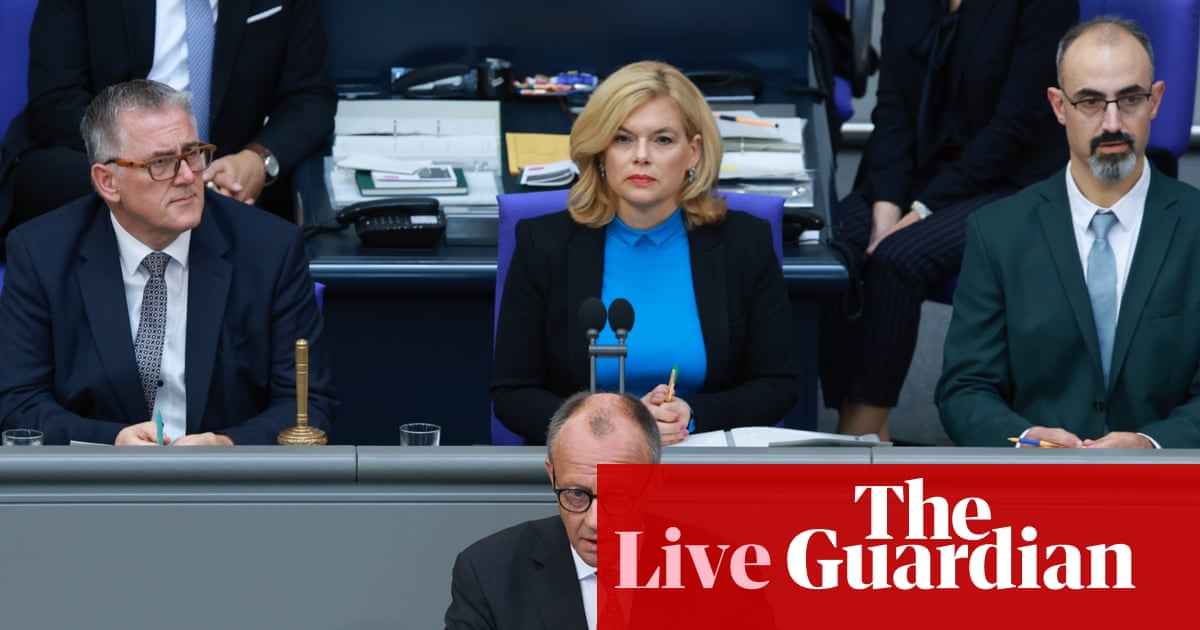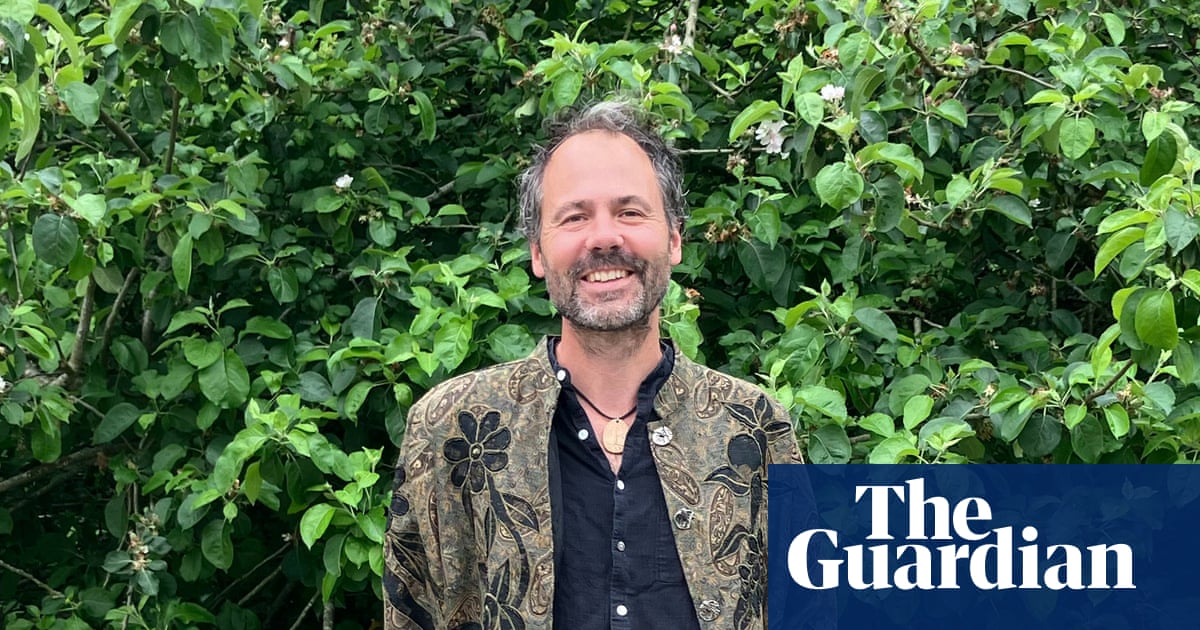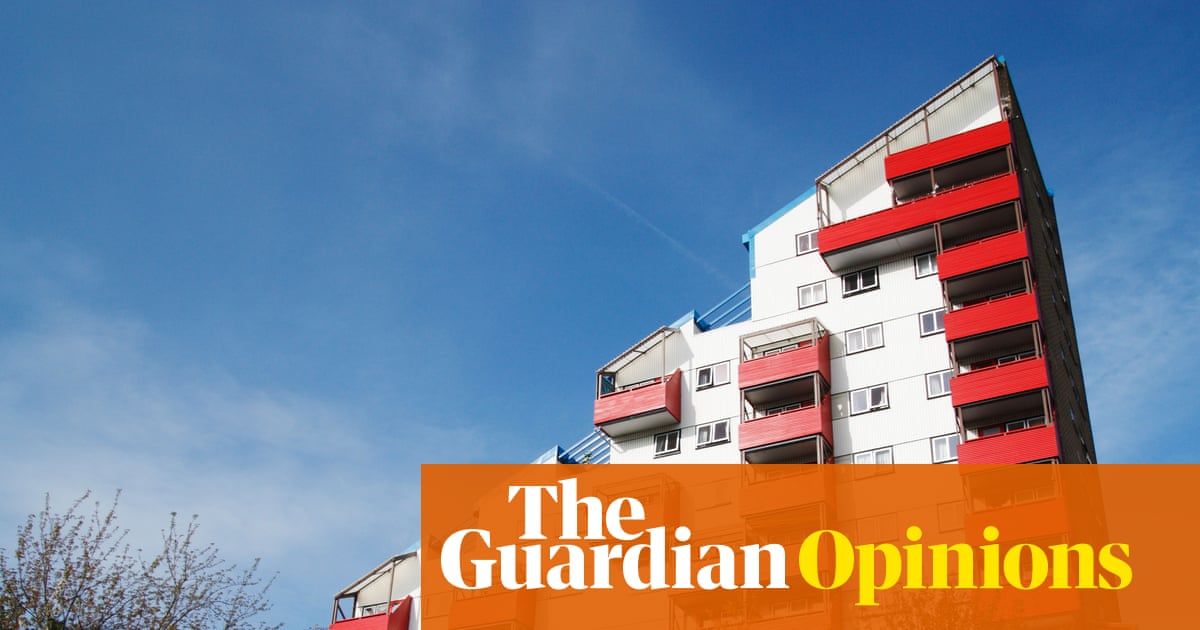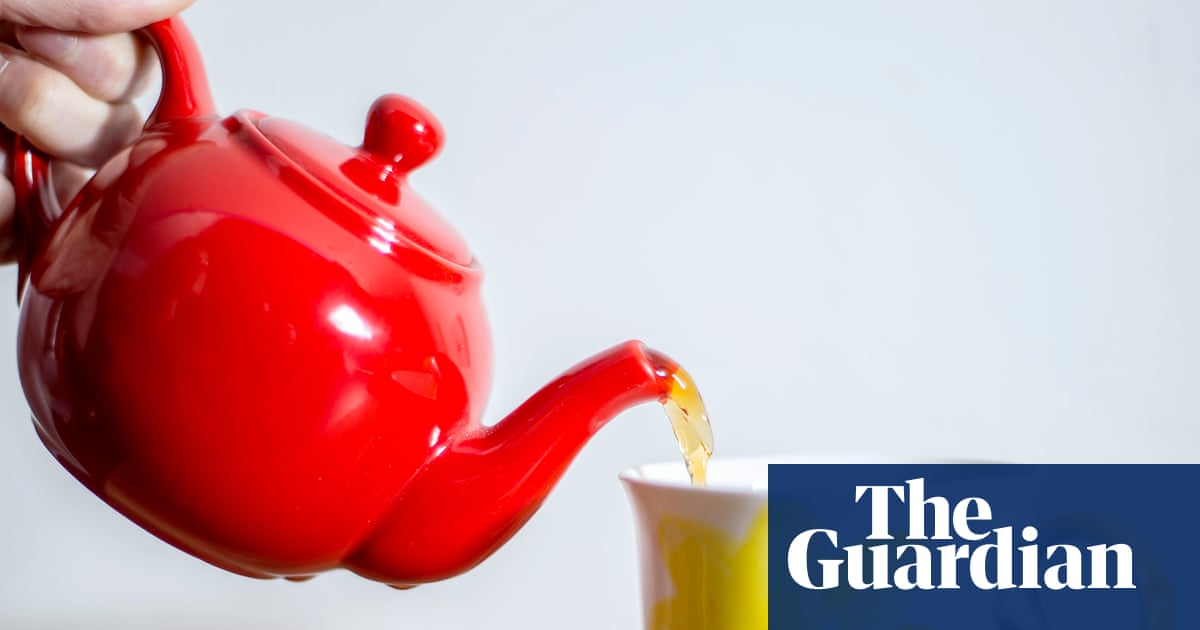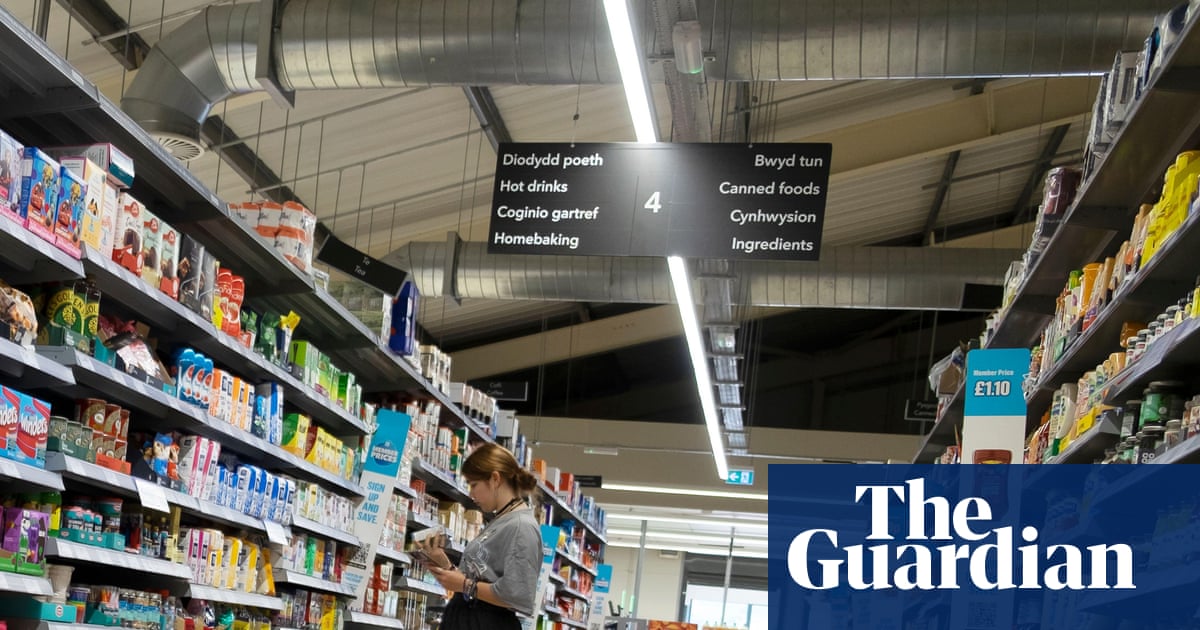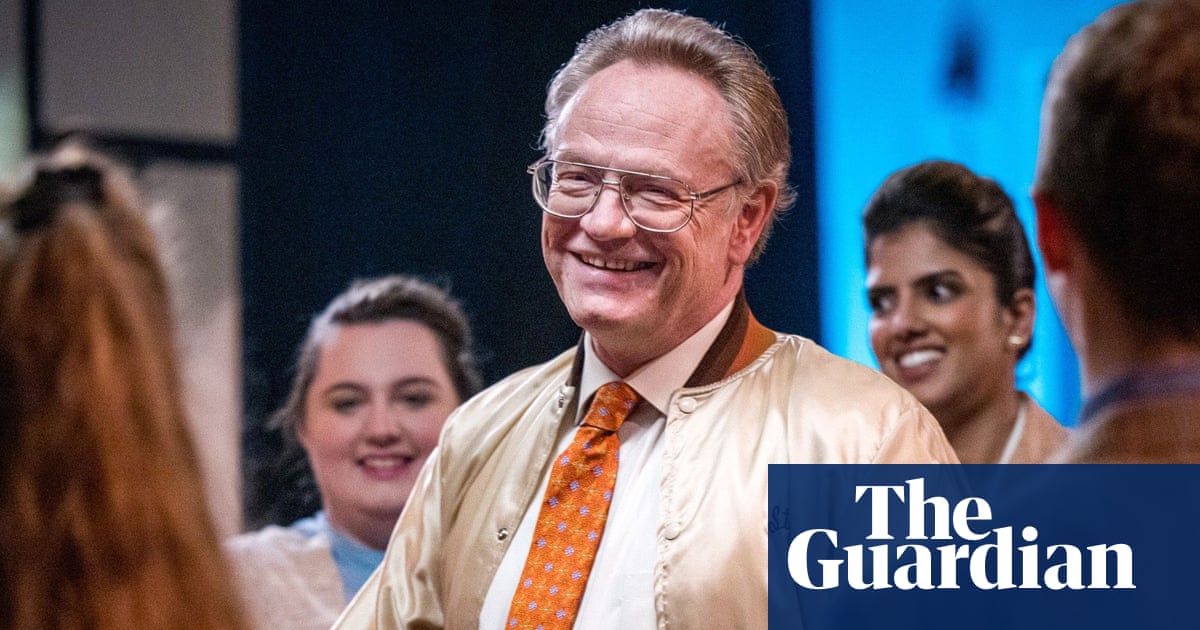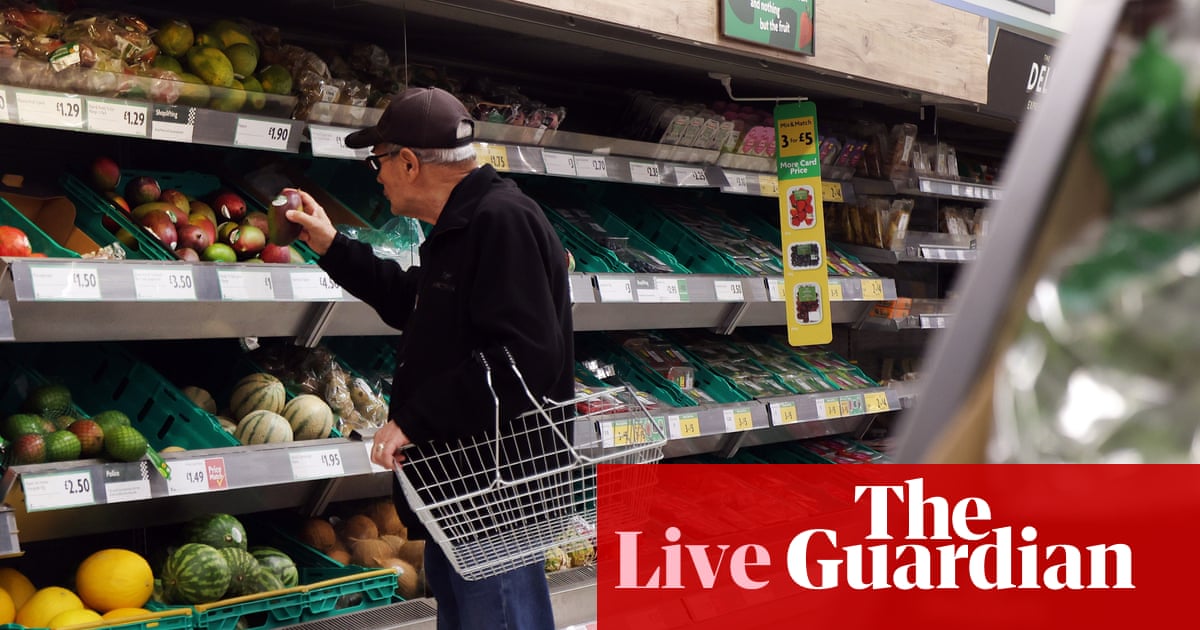Ministers have been accused of being “asleep at the wheel” over threats to the UK’s soft power around the world, as some of their own advisers warned a funding crisis is undermining key institutions promoting British influence.
Members of the government’s new soft power council, set up by ministers earlier this year, warned the BBC World Service, the British Council and universities – regarded as the bodies at the forefront of the UK’s soft power efforts – all face major financial pressures.
There are concerns that the institutions could suffer further in next week’s spending review, despite ministers facing calls to “step up” their soft power efforts. It comes with Donald Trump defunding soft power institutions backed by the US, just as Russia and China spend billions to increase their influence and bring countries into their orbit.
Vivienne Stern, the chief executive of Universities UK, who sits on the council, warned that when compared with China’s soft power efforts “through investment and things like scholarships, media, music and cultural efforts, you just think, we’re asleep at the wheel”.
“We’ve got this position which we have inherited, which we believe to be our divine right – it’s not,” she said. “You have to work to maintain it. I’ve benefited from having the British Council’s support around the world as the university sector tries to extend its links. Yet we’re knocking lumps out of it. We need to wake up.”
Tristram Hunt, the director of the Victoria and Albert Museum and another council member, warned the British Council, which boosts Britain’s cultural and educational relations overseas, was facing an “existential crisis” exacerbated by a £200m Covid-era government loan.
“It is crippling its ability to promote UK soft power around the world,” he said. “Similarly, cuts to the [BBC] World Service, at a time when Russia and China and other actors unfavourable to the west are increasing their interventions and energies, also seems self-defeating.”
Gen Sir Nick Carter, the former chief of the defence staff, warned the US under Trump was “vaporising its soft power” and creating “greater opportunities for our autocratic rivals to take on the space that formerly we filled with ease”. He added: “Those of us who still believe in this should be leaning in even harder.”
Despite the concerns, there are fears that soft power institutions could suffer in next week’s spending review, which sets out public spending until the end of the decade. Both the Foreign Office and the culture department are unprotected, meaning they could have their budgets raided to make savings.
The Guardian has already revealed that the Foreign Office has asked the World Service to draw up plans for either flat or reduced public funding. Sources said the demands would prove “disastrous”, coming as Trump attempts to remove funding from US institutions tackling disinformation, such as the Voice of America and Radio Free Asia.
The chief executive of the British Council, Scott McDonald, has warned it is at risk of disappearing in two years. The institution has faced a collapse in revenues and must repay its government loan. Whitehall sources said the loan was given on commercial terms and ministers had a “duty to the taxpayer” to recoup it.
Meanwhile, ministers are being warned that almost three in four English universities are expected to be in the red in 2025-26, hit by increased national insurance payments and significantly diminished tuition fee income. While fees will increase with inflation in September, it comes after a long freeze that has meant their value decreased in real terms.
UK universities are seen as a driver of soft power. Recent research suggests they educated more national leaders than any other country in the world. However, Stern and Sir Peter Bazalgette, the chancellor of the University of the West of England and former ITV chair, warned the government’s immigration plans would restrict overseas students.
after newsletter promotion
Members of the government’s soft power council welcomed the creation of the body, which is designed to promote better coordination of Britain’s efforts. They also acknowledged the tough economic choices faced by the chancellor, Rachel Reeves. However, several called for ministers to prioritise soft power.
Bazalgette, another council member, said the “absolute gold-plated priority is the BBC World Service” in terms of maintaining soft power. He said it was “the jewel in our crown”, alongside the British Council and universities. “I’m hoping that we don’t diminish the World Service any further, and that we find ways … of actually funding it further.
“There’s no point in pretending these [funding] tensions aren’t there. We have to have some sympathy for the government. All we can do is make the very best argument.”
Lord Neil Mendoza, the provost of Oriel College, Oxford and chair of Historic England, said Britain has an “incredible opportunity” amid the US retreat from the world stage. “Although we have a very difficult financial situation, which will impinge on budgets, there’s now a soft power void,” he said. “It’s a good moment for people to make these arguments.”
Dr Sara Pantuliano, the chief executive of the thinktank ODI Global, said: “I’m hoping that we will continue to make soft power central to decisions related to spending as well, although we know the mantra is that we don’t have enough money overall as a country, so there are difficult choices.”
A government spokesperson said the UK’s sport, arts, culture and education sectors were “world-class” and it was “totally committed to doing all we can to further their reach, as well as promoting the English language overseas”.
“While we wouldn’t get ahead of the spending review, our track record on this is clear,” they said. “Despite the tough fiscal situation, we continue to back the British Council, with over £160m in 2025-26 alone, and are providing the BBC World Service with a large uplift of over £32m, taking our total funding to £137m.
“The foreign secretary also launched the UK soft power council in January, alongside culture secretary Lisa Nandy, to further strengthen our support for British soft power. Future spending decisions will be informed by the spending review.”

 3 months ago
81
3 months ago
81


